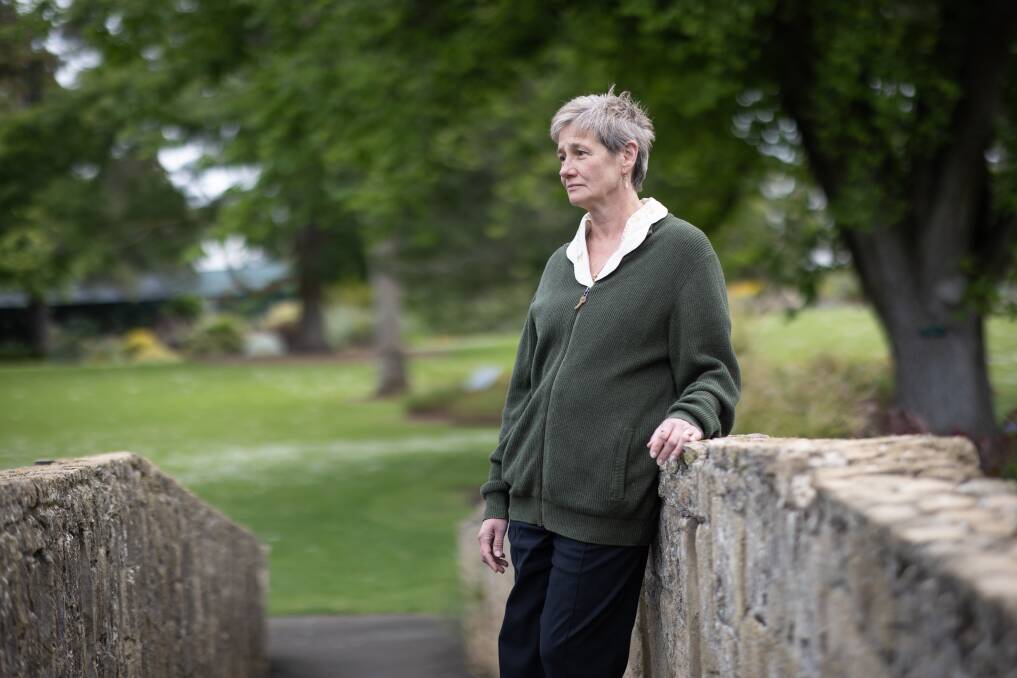
A Warrnambool doctor on the brink of burnout says general practices are in crisis.
Subscribe now for unlimited access.
or signup to continue reading
Dr Tatiana Cimpoesu, who has been a GP in Warrnambool for two decades, said her workload was increasingly becoming unmanageable. She said she was always pushed for time and the Medicare rebates for GPs made it difficult to offer bulk billing for patients.
"Complex patients with multiple issues mean that we run behind schedule and when trying to keep on time for our next patients, we will have to spend a few hours at the end of our day writing progress notes - adding to unpaid paperwork," Dr Cimpoesu said.
"The $39.75 Medicare rebate for a 20-minute consult definitely doesn't cover staff wages, business expenses, annual and sick leave, 10.5 per cent superannuation, professional costs, many years of study and high responsibility work."
Dr Cimpoesu said she was considering pursuing a position as an emergency department doctor.
"There are a lot of GPs looking into it," she said.
Dr Cimpoesu said emergency department doctors were paid a salary, did not have time constraints when seeing patients and didn't have to complete paperwork after hours.
She said in addition to that, GPs were exiting the industry or taking up teaching.
"We have very few GPs coming into the system," Dr Cimpoesu said.
"Everyone is pushing more workload off 'overburdened hospitals' onto GPs, who are ironically more overburdened with the added unpaid overtime, more scrutiny, less pay and no hospital staff network where you have a team to work with.
"I'm close to being broken by governments and Medicare and if work stress continues, I will have to retire from general practice like many other burnt-out GPs."
Professor James Dunbar, who is an honorary professor in rural health at Deakin's Warrnambool campus, said burnout was an issue most GPs were experiencing.
"There's been a 10-year pay freeze, which is why bulk billing is becoming less common," Professor Dunbar said. "The affect on general practice has been disastrous in terms of recruitment."
Professor Dunbar said only 15 per cent of graduates were choosing to become GPs compared to 50 per cent several years ago because specialists received much higher salaries.
He said he hoped the federal government's Strengthening Medicare Taskforce would introduce a raft of measures to tackle the GP shortage.
Professor Dunbar said the system in which GPs were paid needed to change and there needed to be increased incentives for GPs to work in rural areas.
He said there was previously a requirement for doctors moving from overseas to work in a rural or regional area for 10 years and this should be reinstated.
"The previous government removed that and the loss to metropolitan areas has been swift," Professor Dunbar said.
He said there were few Warrnambool clinics taking on new patients. "This shows you how overstretched the system is," Professor Dunbar said.
In June this year, The Standard published a letter from Terang doctor Jacqueline Altree, who spoke about the issues facing GPs.
"Lack of access to GP services, increasing complexity of medicine, long waiting times and physician burnout have been discussed extensively in GP circles for some time," she said.
IN OTHER NEWS
Our journalists work hard to provide local, up-to-date news to the community. This is how you can access our trusted content:
- Bookmark https://www.standard.net.au/
- Make sure you are signed up for our breaking and regular headlines and newsletters
- Follow us on Facebook, Twitter, Instagram and LinkedIn
- Tap here to open our Google News page
- Join our Courts and Crime Facebook group and our dedicated Sport Facebook group
- Subscribe















